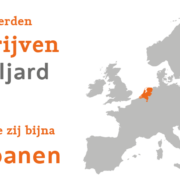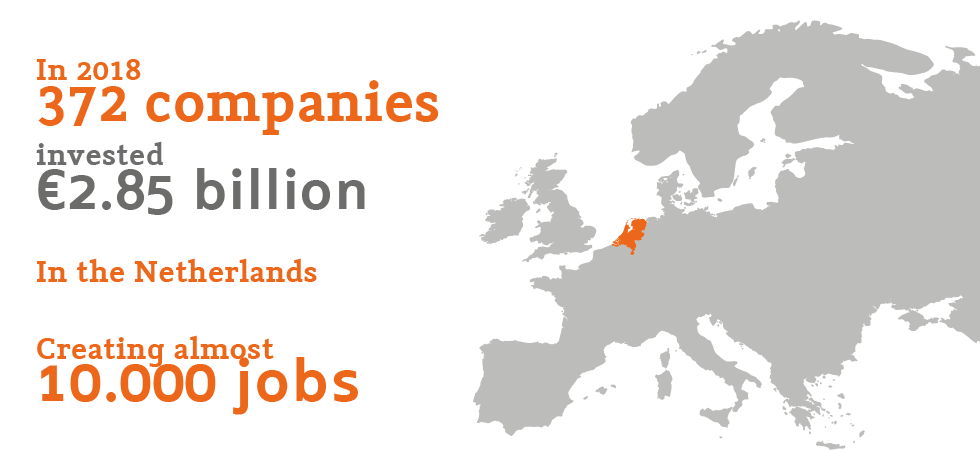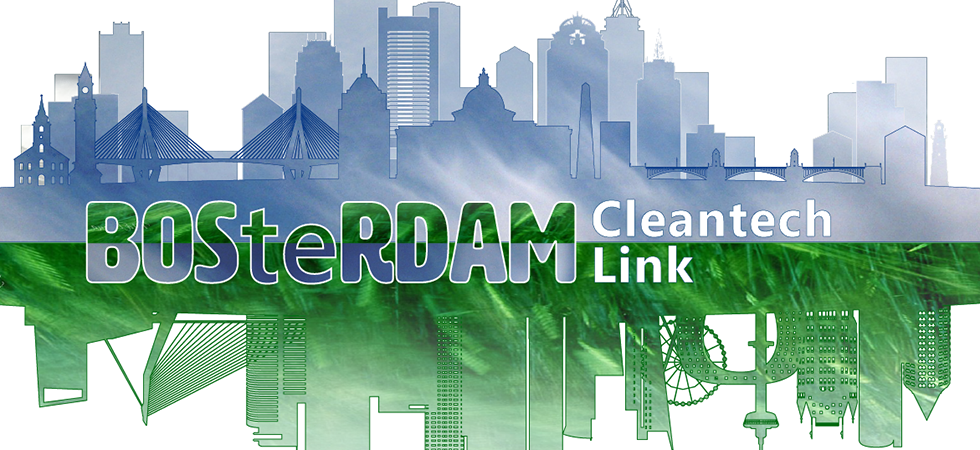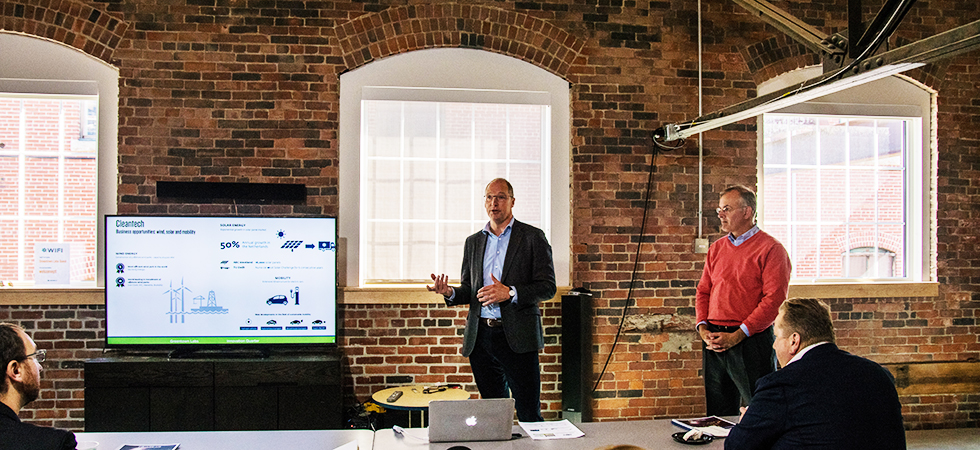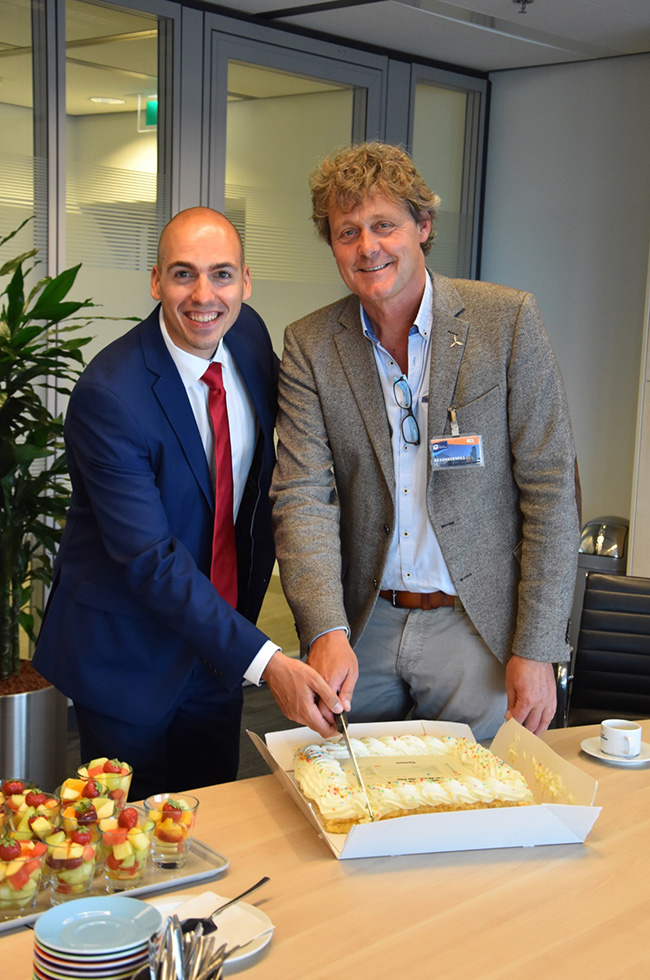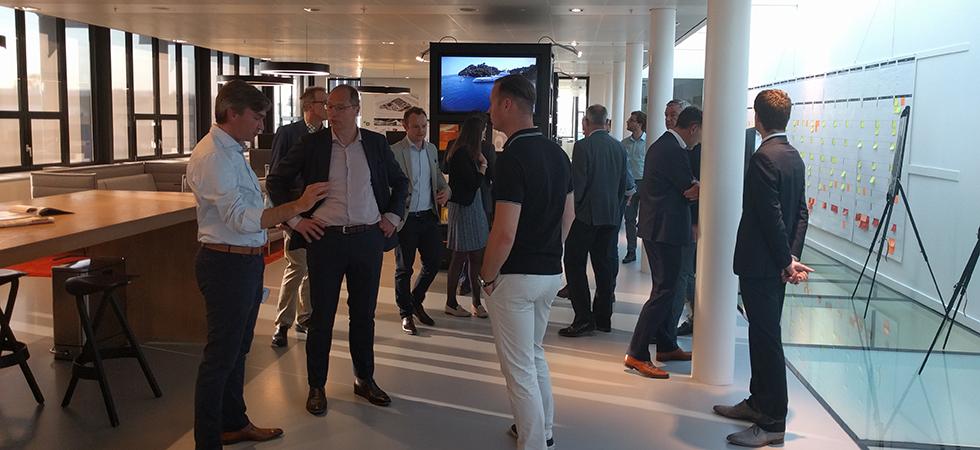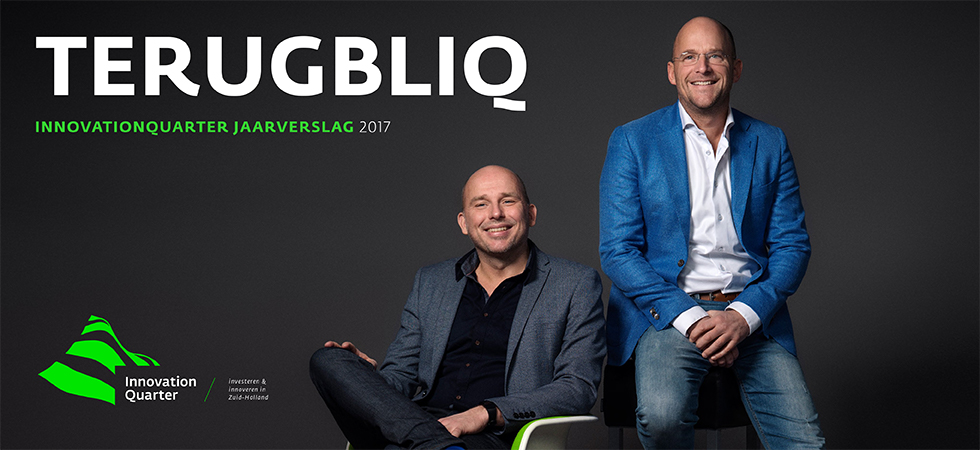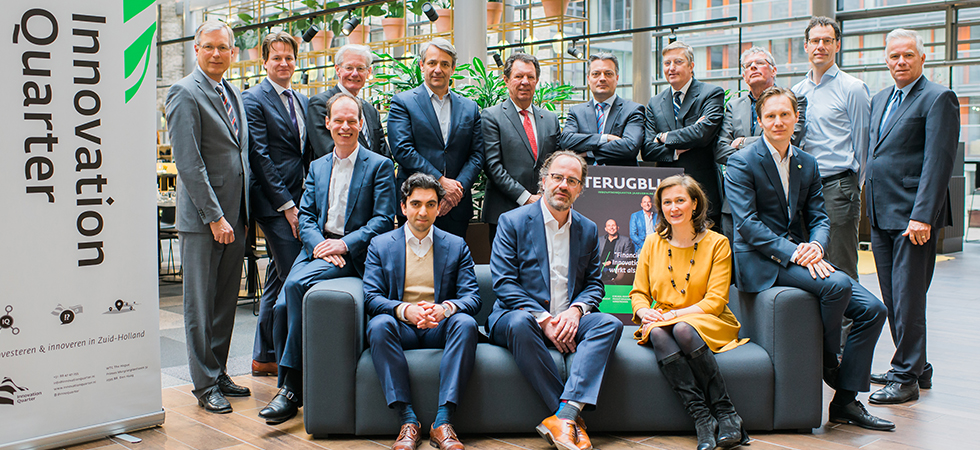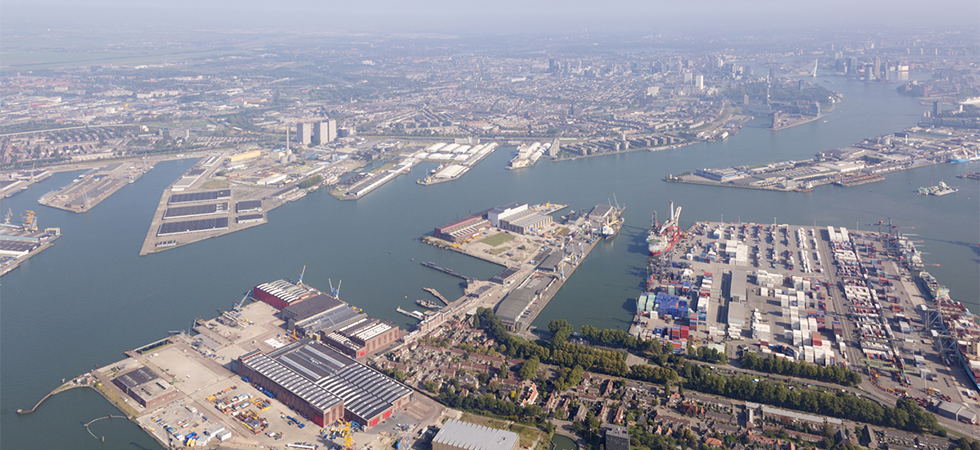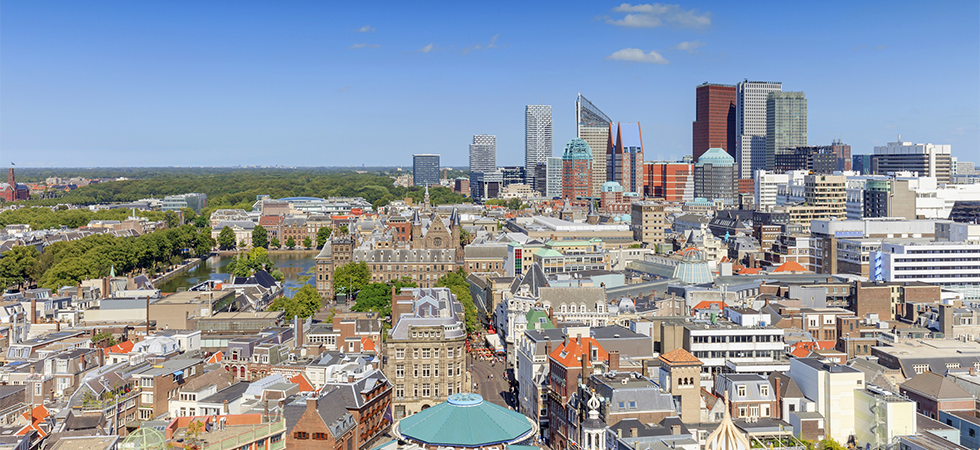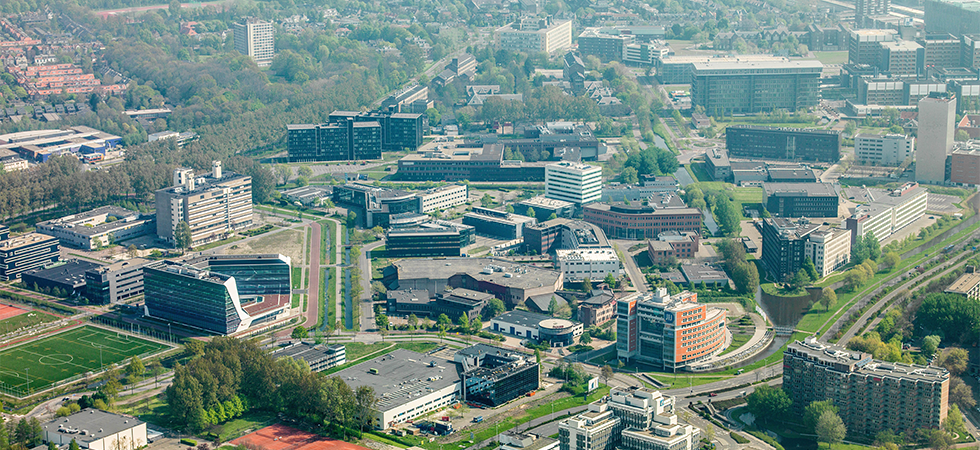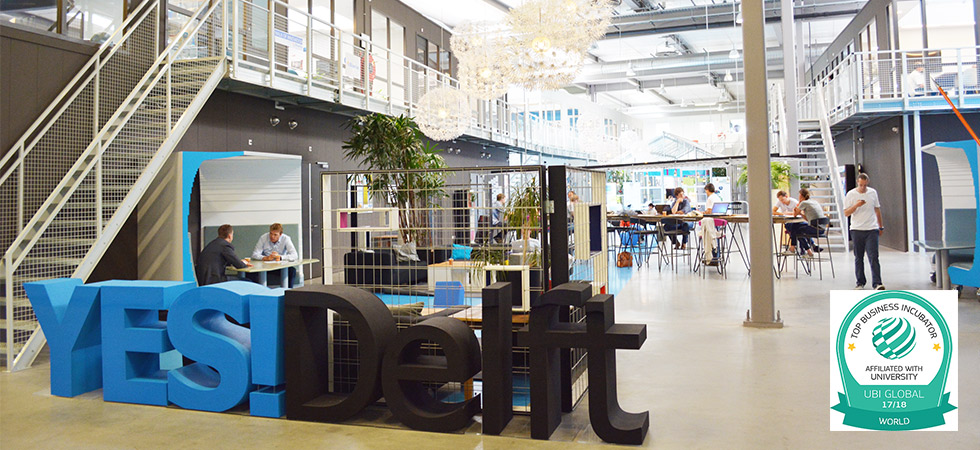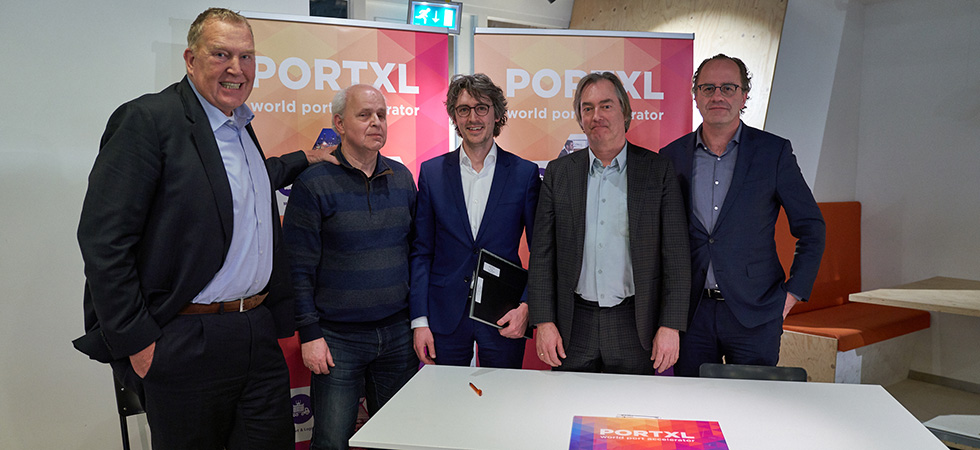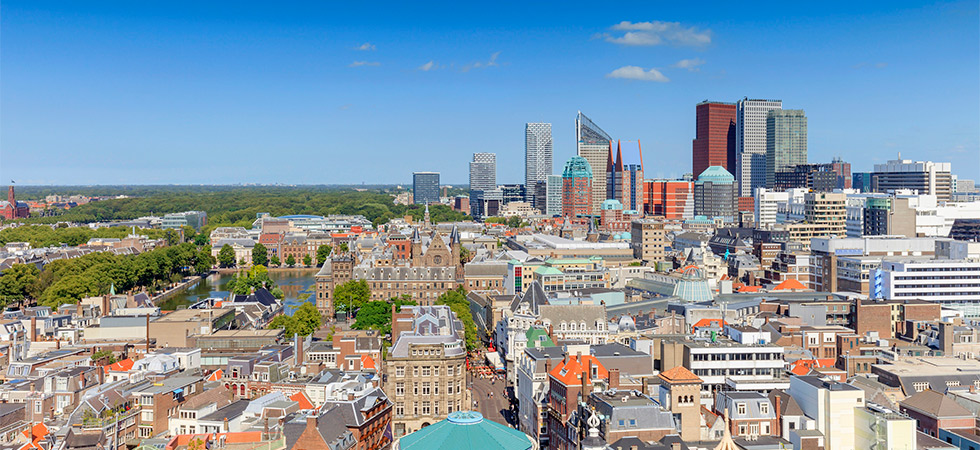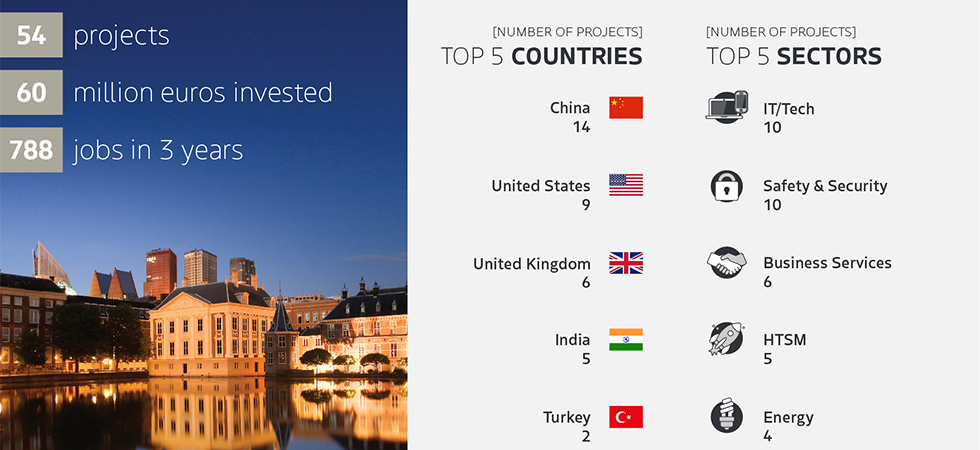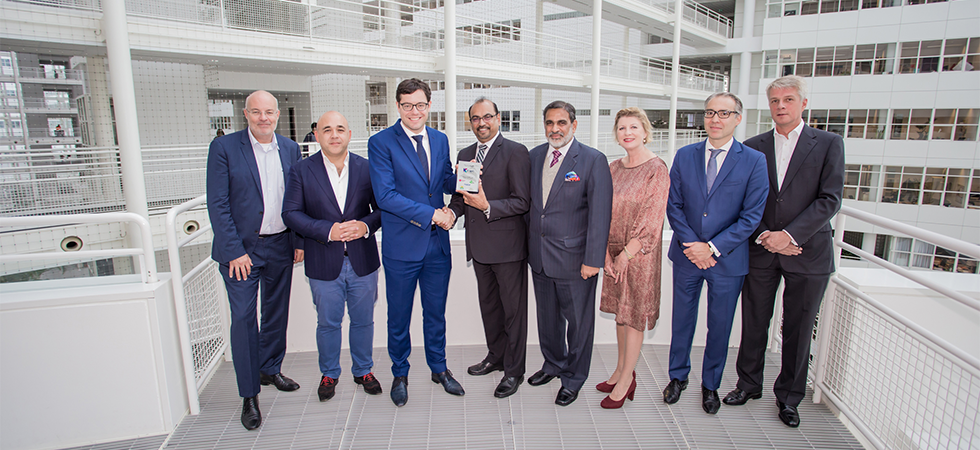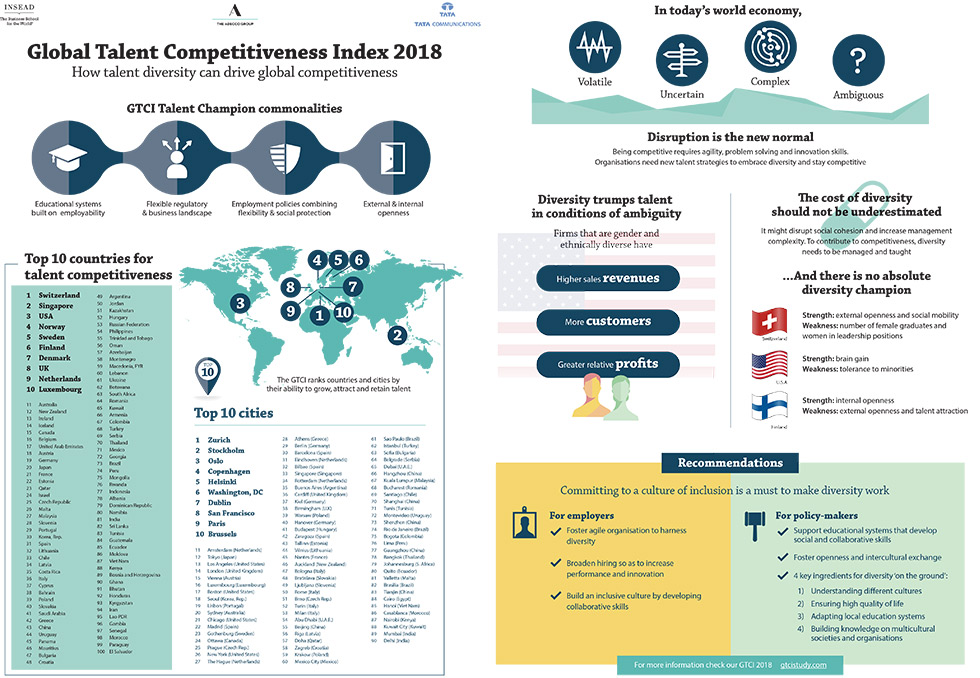Rotterdam delivers own climate agreement following the COP21 Paris agreement objectives. Within 10 years, Rotterdam will reduce the emissions of CO2 and other greenhouse gases with 50 percent. This will be the result from the measures in the Rotterdam Climate Agreement that the municipality has concluded with more than 100 companies and social organizations. The agreement that is being presented today contains nearly 50 measures that will make Rotterdam’s port and economy more sustainable.
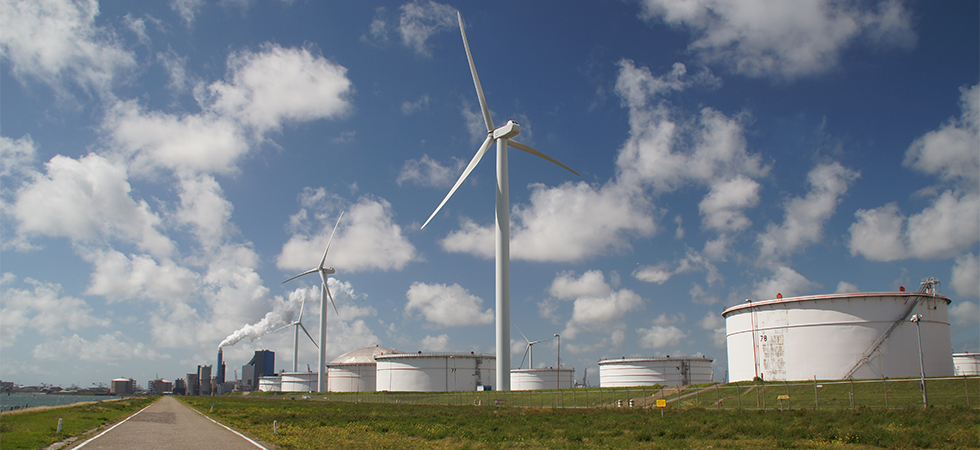
Rotterdam is currently contributing more than average on greenhouse gas emissions. More than 20% of the national CO2 emissions of the Netherlands come from Rotterdam, especially from the port area. In addition, Rotterdam is situated in one of the lowest-lying river deltas of the world and is therefore very vulnerable to the effects of climate change. Research, conducted yearly by the municipality, shows that three out of four citizens in Rotterdam are worried about the effects of climate change.
That is why the city took the initiative to make a climate agreement together with over 100 private companies and social organizations.
For six months, and under the leadership of independent chairs, these private companies and organizations took part in five climate round tables divided in the following themes: Port & Industry, Built Environment, Mobility, Clean Energy and Consumption.
The outcome of these gatherings is 49 so-called ‘climate deals’ that will boost the reduction of greenhouse gases and will stimulate a CO2-free economy. The agreement contains plans for large-scale solutions such as windmill areas off shore, the construction of a hydrogen network to make industry in the port greener and the insulation of Rotterdam social homes, but also small-scale solutions such as car-sharing and cycling class for children.
Companies such as petrochemical companies, energy infra providers, private banks but also social housing-corporations, the Erasmus University and innovative mobility start-ups, were part of the process that led to this agreement. The participants of the Rotterdam Climate Agreement want to use the transition of the Rotterdam economy not only to reduce CO2 emissions, but also to create new opportunities.
Arno Bonte (Alderman Sustainability/vice Mayor);
“The Rotterdam climate agreement marks a turning point for the port city. Our ambition is to become the most sustainability port city in the world within ten years with a clean and circular economy.”
Alice Krekt (Director of Deltalinqs Climate Program and Chair of round table Port and Industry): “We have a roadmap in place and agreed upon supporting climate measures that pave the way to a carbon neutral port and industry area, whilst protecting the economic value for Rotterdam and the country. Our agenda shows that private and public partners need to work closely together to make progress. I am very pleased with the constructive discussion that have led to this result. Now is the time to act.”
InnovationQuarter was closely involved with the Port and Industry climate table. Hanna Lucas, Senior Business Developer Energy at InnovationQuarter:
“Together with the other partners, we worked on a concrete plan for the development of a sustainable industry in the port of Rotterdam. The port and industrial plan makes it possible to coordinate efforts in order to speed up important projects and strengthen the innovation ecosystem.”
Want to know more?
Please contact us.


